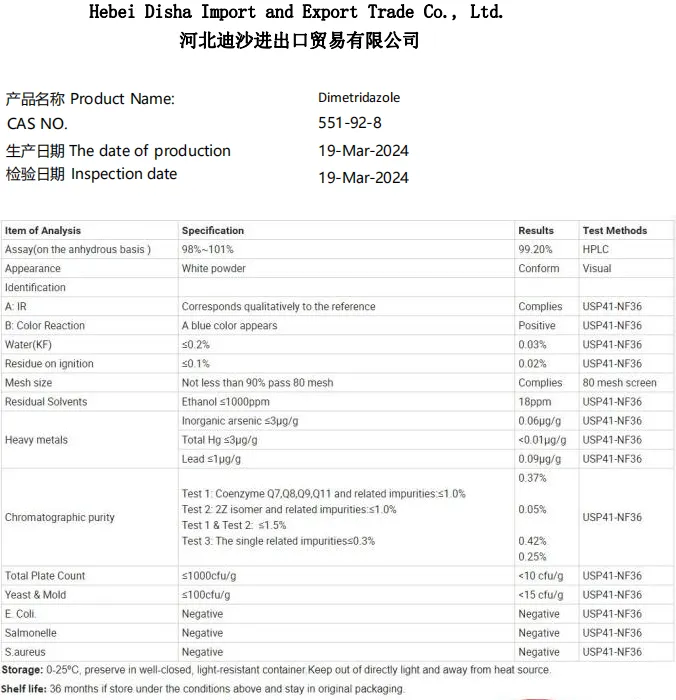Warning: Undefined array key "title" in /home/www/wwwroot/HTML/www.exportstart.com/wp-content/themes/1198/header.php on line 6
Warning: Undefined array key "file" in /home/www/wwwroot/HTML/www.exportstart.com/wp-content/themes/1198/header.php on line 7
Warning: Undefined array key "title" in /home/www/wwwroot/HTML/www.exportstart.com/wp-content/themes/1198/header.php on line 7
Warning: Undefined array key "title" in /home/www/wwwroot/HTML/www.exportstart.com/wp-content/themes/1198/header.php on line 7
- Afrikaans
- Albanian
- Amharic
- Arabic
- Armenian
- Azerbaijani
- Basque
- Belarusian
- Bengali
- Bosnian
- Bulgarian
- Catalan
- Cebuano
- China
- China (Taiwan)
- Corsican
- Croatian
- Czech
- Danish
- Dutch
- English
- Esperanto
- Estonian
- Finnish
- French
- Frisian
- Galician
- Georgian
- German
- Greek
- Gujarati
- Haitian Creole
- hausa
- hawaiian
- Hebrew
- Hindi
- Miao
- Hungarian
- Icelandic
- igbo
- Indonesian
- irish
- Italian
- Japanese
- Javanese
- Kannada
- kazakh
- Khmer
- Rwandese
- Korean
- Kurdish
- Kyrgyz
- Lao
- Latin
- Latvian
- Lithuanian
- Luxembourgish
- Macedonian
- Malgashi
- Malay
- Malayalam
- Maltese
- Maori
- Marathi
- Mongolian
- Myanmar
- Nepali
- Norwegian
- Norwegian
- Occitan
- Pashto
- Persian
- Polish
- Portuguese
- Punjabi
- Romanian
- Russian
- Samoan
- Scottish Gaelic
- Serbian
- Sesotho
- Shona
- Sindhi
- Sinhala
- Slovak
- Slovenian
- Somali
- Spanish
- Sundanese
- Swahili
- Swedish
- Tagalog
- Tajik
- Tamil
- Tatar
- Telugu
- Thai
- Turkish
- Turkmen
- Ukrainian
- Urdu
- Uighur
- Uzbek
- Vietnamese
- Welsh
- Bantu
- Yiddish
- Yoruba
- Zulu
Dec . 10, 2024 01:44 Back to list
Sucralose versus Aspartame A Comparison of Sweeteners and Their Health Impacts
Sucralose vs. Aspartame A Comprehensive Comparison of Artificial Sweeteners
In the realm of artificial sweeteners, sucralose and aspartame are two of the most widely recognized and used compounds. Both offer a sweet taste without the calories associated with sugar, making them popular choices for those looking to manage their weight, control blood sugar levels, or reduce calorie intake. However, the two compounds differ in their chemical composition, sweetness levels, potential health effects, and usage in food products. This article aims to compare sucralose and aspartame, highlighting their unique characteristics and implications for consumers.
Chemical Composition and Sweetness
Sucralose, commonly marketed under the brand name Splenda, is a chlorinated derivative of sucrose (table sugar). It is approximately 600 times sweeter than sugar, and its sweetness profile closely mimics that of sugar itself. Sucralose is unique in that it is not metabolized by the body for energy; instead, it passes through the digestive system without being absorbed, which means it contributes zero calories.
Aspartame, on the other hand, is a low-calorie sweetener composed of two amino acids phenylalanine and aspartic acid, along with a small amount of methanol. It is approximately 200 times sweeter than sugar. Unlike sucralose, aspartame is metabolized in the body and does contribute some calories; however, in typical usage amounts, the calorie contribution is negligible. Aspartame is often used in diet beverages, sugar-free desserts, and various processed foods.
Health Concerns
Both sucralose and aspartame have undergone extensive research regarding their safety for human consumption. The Food and Drug Administration (FDA) has classified both as safe for use in food and beverages. However, some consumers express concerns about potential health risks associated with these artificial sweeteners.
sucralose v aspartame

Sucralose has been scrutinized for its potential impact on gut health, as studies have suggested it might alter gut microbiota. While the exact consequences are still being investigated, there is a growing body of research exploring how artificial sweeteners might affect digestive health and overall well-being.
Aspartame has been the subject of controversy due to concerns about its alleged association with headaches, allergic reactions, and other health issues. A significant concern involves individuals with phenylketonuria (PKU), a rare genetic disorder that prevents the proper metabolism of phenylalanine. For these individuals, aspartame poses a serious health risk, and they must avoid it altogether.
Usage in Food Products
When it comes to culinary applications, sucralose and aspartame are utilized differently. Sucralose retains its sweetness when heated, making it suitable for baking and cooking. This versatility allows manufacturers to use it in a wide range of products, from baked goods to sauces, without losing flavor.
Aspartame, however, is sensitive to heat and may lose its sweetness when exposed to high temperatures for prolonged periods. As a result, it is predominantly found in cold products such as soft drinks, yogurt, and other refrigerated items. Understanding these differences is essential for consumers who wish to make informed choices about the products they use.
Conclusion
In conclusion, both sucralose and aspartame offer unique benefits and drawbacks as artificial sweeteners. Sucralose may be preferred for cooking and baking due to its heat stability and zero-calorie content, while aspartame is favored for low-calorie beverages and certain dietary products. While both sweeteners are deemed safe by regulatory agencies, individuals should consider their specific health needs and preferences when choosing between them. As with any food additive, moderation is key, and consumers should remain informed about ongoing research into their long-term health effects. Ultimately, the choice between sucralose and aspartame comes down to personal taste, dietary goals, and individual health considerations.
Latest news
-
Certifications for Vegetarian and Xanthan Gum Vegetarian
NewsJun.17,2025
-
Sustainability Trends Reshaping the SLES N70 Market
NewsJun.17,2025
-
Propylene Glycol Use in Vaccines: Balancing Function and Perception
NewsJun.17,2025
-
Petroleum Jelly in Skincare: Balancing Benefits and Backlash
NewsJun.17,2025
-
Energy Price Volatility and Ripple Effect on Caprolactam Markets
NewsJun.17,2025
-
Spectroscopic Techniques for Adipic Acid Molecular Weight
NewsJun.17,2025

